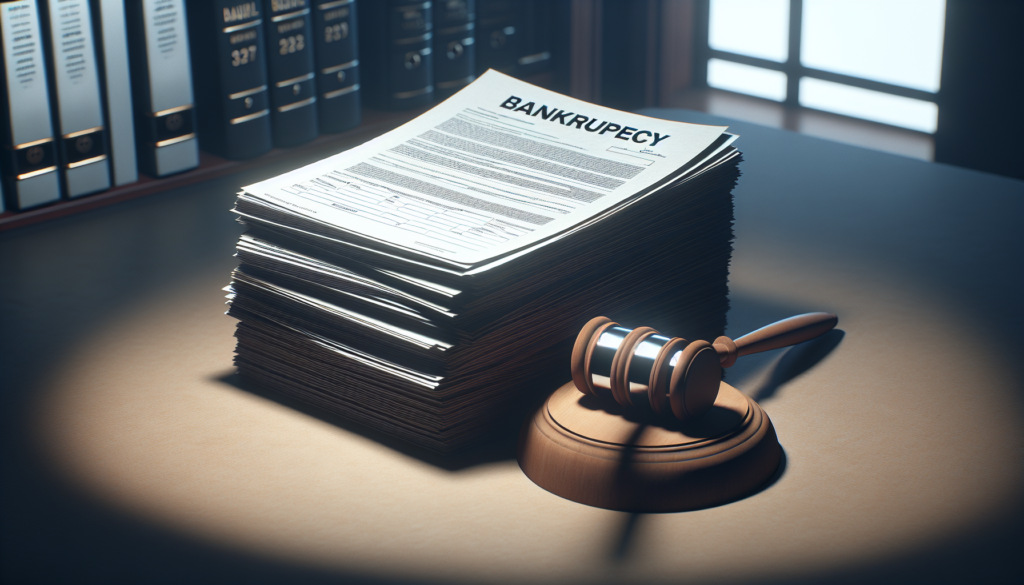Question:
“I’m considering filing for Chapter 7 bankruptcy due to overwhelming credit card debt, medical bills, and personal loans. I’m currently employed, earning just below the median income for my state, and I rent my home. I don’t own significant assets, except for an older car that I use for commuting. My main goal is to discharge my unsecured debts and stop the constant calls from creditors. I’ve never filed for bankruptcy before. Given this situation, why should I file for Chapter 7 bankruptcy, and would it be the best course of action for achieving my goals?”
Answer:
Given your situation—overwhelmed with credit card debt, medical bills, and personal loans, earning below the median income for your state, owning minimal assets, aiming to discharge unsecured debts, and stop creditor harassment, without any prior bankruptcy filings—filing for Chapter 7 bankruptcy could indeed be a viable option for you. Here’s why:
1. Discharge of Unsecured Debts
Chapter 7 bankruptcy is particularly effective in discharging unsecured debts, which seem to constitute the bulk of your financial burden. This means that credit card debts, medical bills, and personal loans could potentially be wiped out, offering you a fresh financial start.
2. Automatic Stay
Upon filing for bankruptcy, an automatic stay goes into effect immediately, halting most collection efforts from your creditors. This means no more harassing phone calls, letters, or any other collection actions, providing you with immediate relief and peace of mind as you navigate through the bankruptcy process.
3. Income Considerations
Since your income is below the median for your state, you likely qualify for Chapter 7 bankruptcy under the means test. This test is designed to ensure that Chapter 7 is reserved for those who truly cannot afford to pay their debts, and your income level suggests that you fit this criterion.
4. Minimal Asset Liquidation Risk
Chapter 7 involves liquidating non-exempt assets to repay creditors, but given that you own minimal assets and primarily rely on essential items like your car for commuting, you may not be at significant risk of losing much, if anything. Most states have exemptions that protect essential assets, including modest vehicles, necessary household goods, and tools for work.
5. No Previous Bankruptcy Filings
Since you’ve never filed for bankruptcy before, you don’t have to worry about the restrictions that apply to individuals who have previously filed. This means you’re currently eligible to file for Chapter 7 bankruptcy without concern for the timing of past filings.
Moving Forward
While Chapter 7 bankruptcy offers a path to eliminate your unsecured debts and halt creditor harassment, it’s important to consider the long-term implications. A Chapter 7 bankruptcy will remain on your credit report for up to 10 years, potentially affecting your ability to obtain credit, secure housing, or even impact job opportunities in some cases. However, many people find that the relief from debt outweighs these drawbacks, especially since rebuilding your credit can begin immediately after discharge.
Next Steps
Consulting with a bankruptcy attorney can provide you with personalized advice and help you navigate the filing process. An attorney can also offer insights into how the bankruptcy might specifically impact your credit and assets, help you understand the exemptions available in your state, and guide you through the means test.
Filing for Chapter 7 bankruptcy could indeed be a strategic move to regain control over your financial situation, discharge your unsecured debts, and work towards a debt-free future.


Get a Free Bankruptcy Case Evaluation